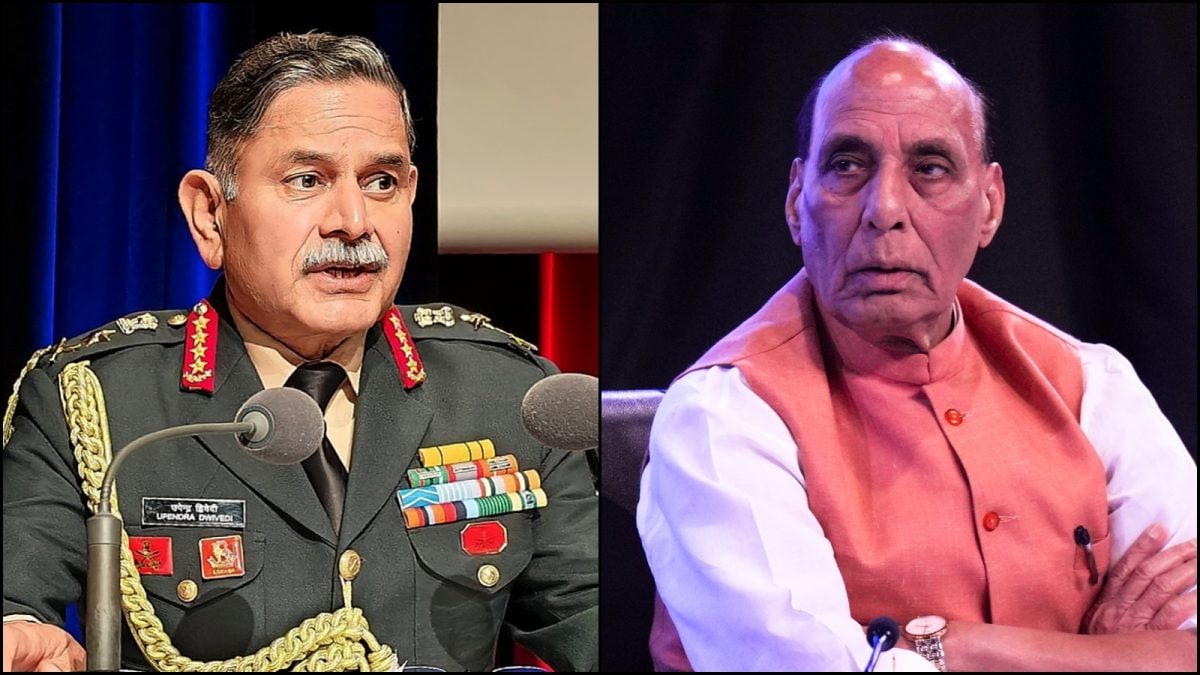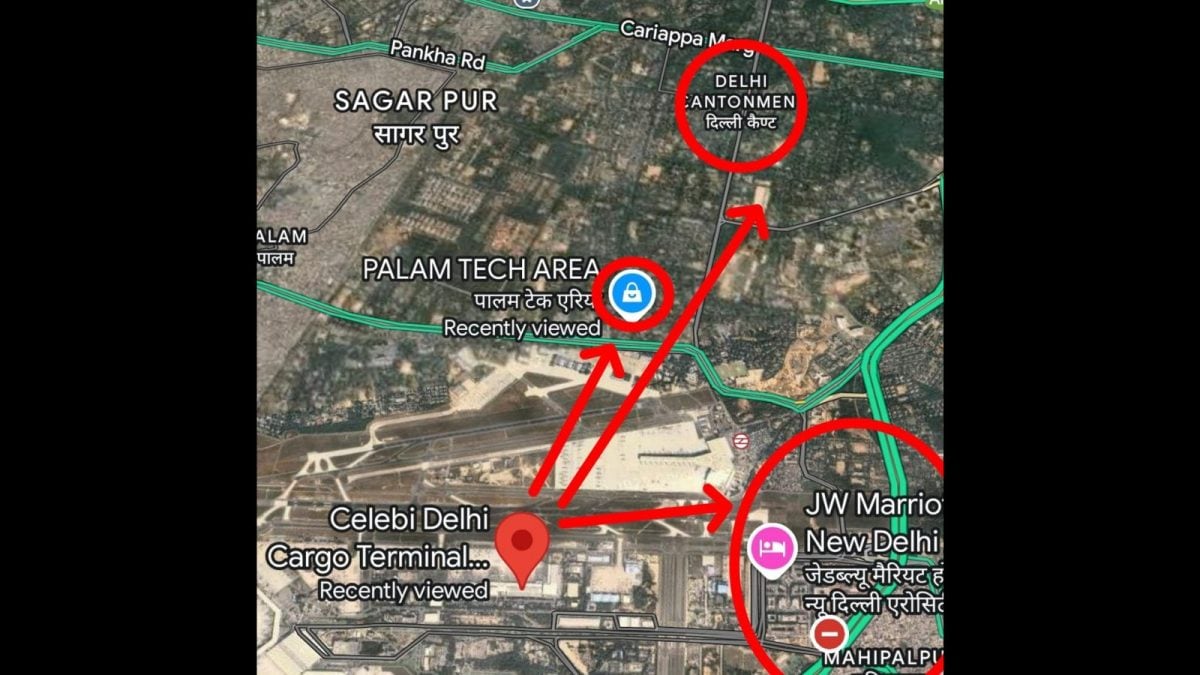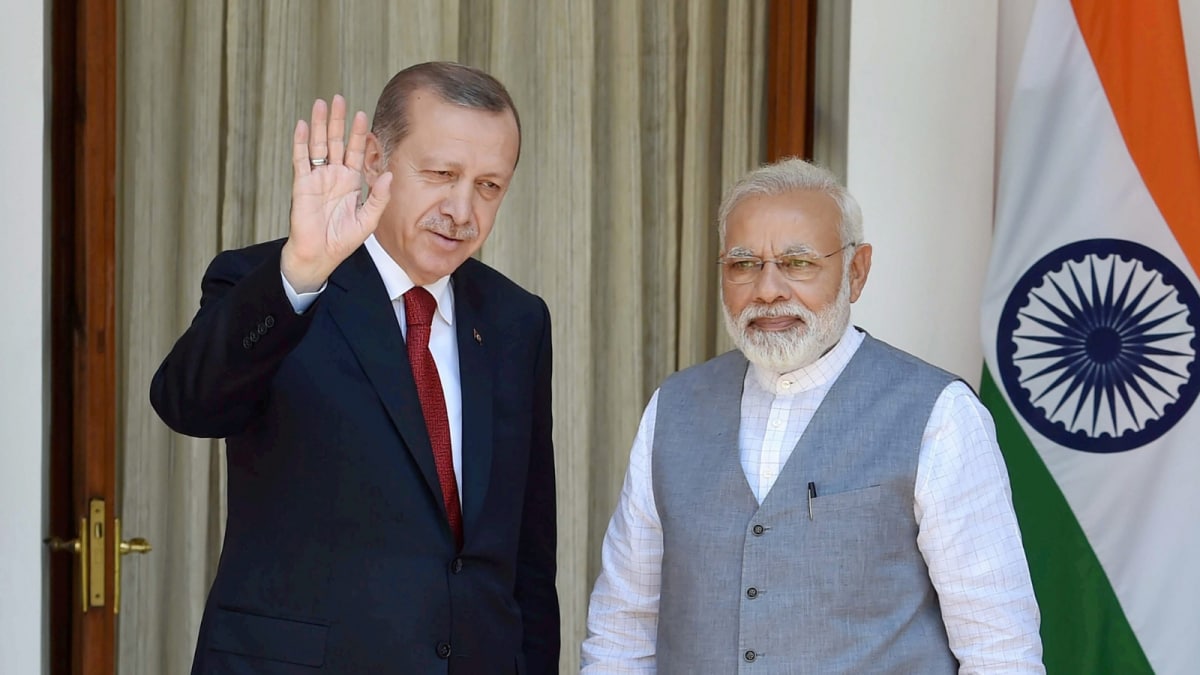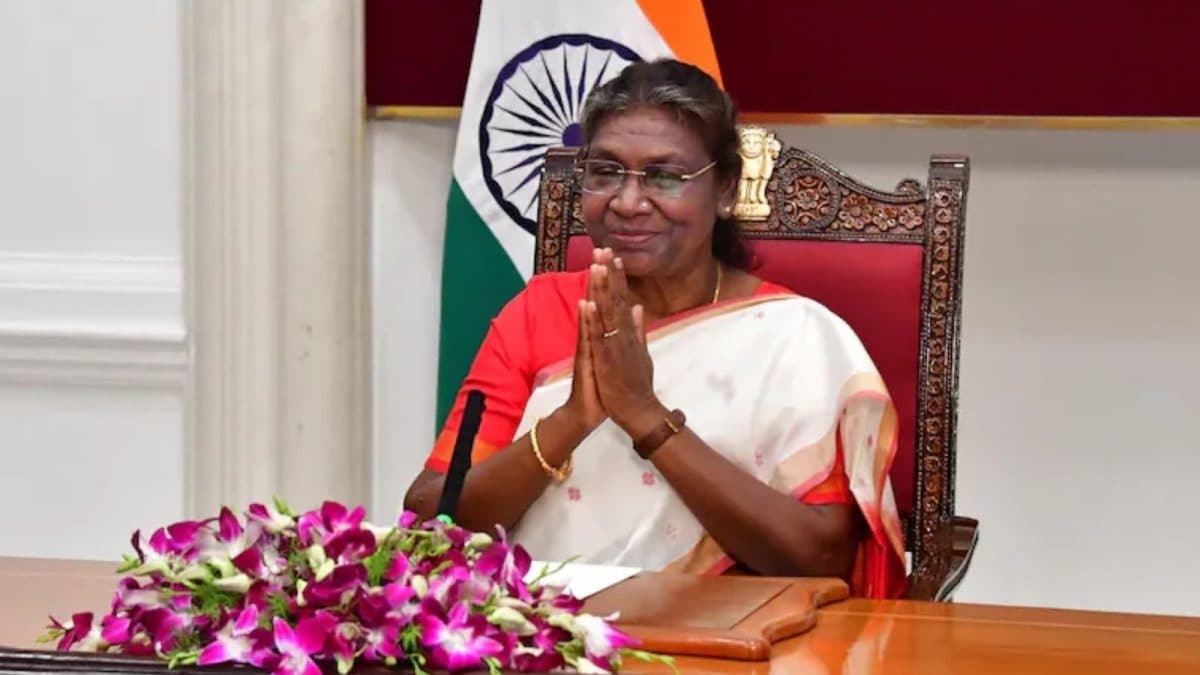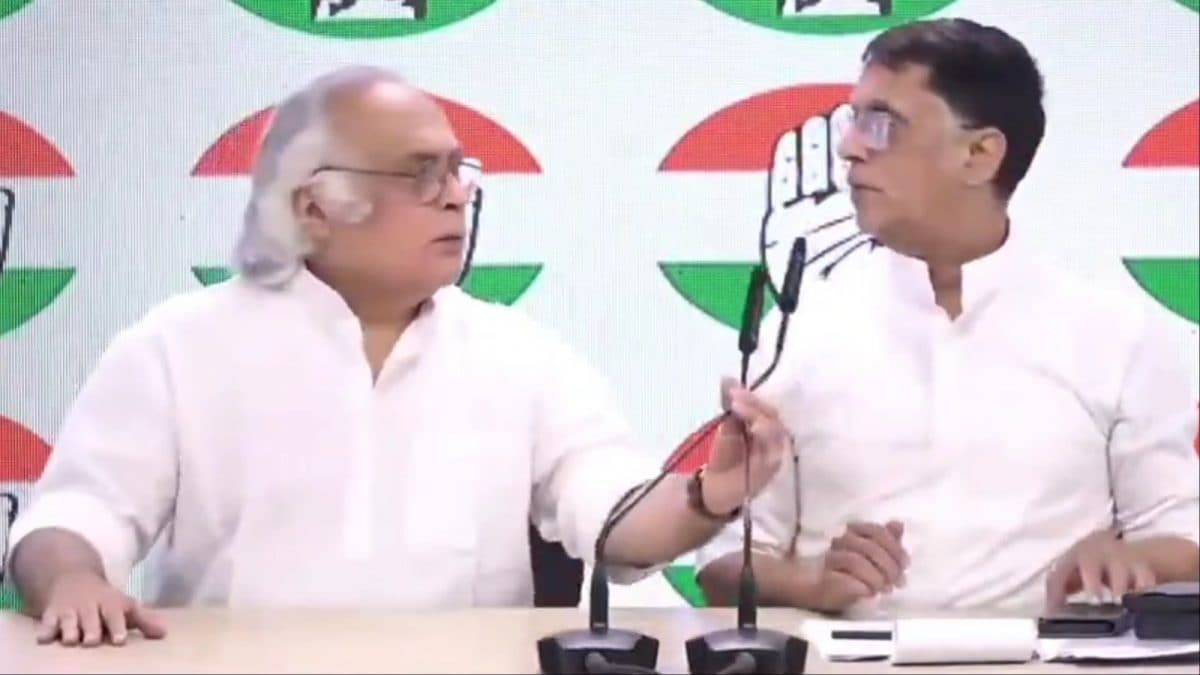Israel, Iran & the U.S.: Two-Week Promises, Nuclear Deals, and the Web of Global Power
A deep dive into Trump’s “two-week” strategy, the U.S.–Israel–Iran triangle, nuclear fears, Mossad conspiracies, and lobbying power in American politics.
1. Trump's "Two-Week Formula": Promises, Threats, and the Peace Prize Dream
Former U.S. President Donald Trump has a peculiar way of dealing with international crises: his now-famous phrase, “Wait two weeks.”
-
He warned Iran's Supreme Leader Khamenei to surrender or face consequences.
-
He declared, “Vacate Tehran if you care for your life.”
-
Yet, Iran did not retreat and continued its hostilities against Israel.
-
Trump returned to his fallback: “We’ll talk in two weeks.”
Analysts believe this is Trump's way of buying time. In politics, two weeks is long enough for public memory to fade and media attention to shift elsewhere.
2. Israel vs. Iran — and the U.S. Caught in the Middle
-
Trump entered office with the promise of no new wars.
-
Israel, however, aims to remain the sole nuclear power in the Middle East.
-
Bipartisan support for Israel is one of the rare unifying themes in U.S. politics — Republicans and Democrats alike declare, “Israel first.”
One of the most vocal Israel supporters is Senator Ted Cruz, who casually references “cruise missiles” for Iran. Congressman Randy Fine wants to legislate arms supply to Israel as a mandated duty of the U.S. government.
3. AIPAC, Lobbying, and Billions of Dollars in Campaign Funding
The American Israel Public Affairs Committee (AIPAC) plays a massive role in U.S. elections, pouring in over $100 million in campaign funds.
Major Wall Street and tech firms — Goldman Sachs, BlackRock, PayPal, among others — have been accused of pro-Israel lobbying. Critics argue that U.S. lawmakers now prioritise Israel’s interests over domestic issues like healthcare, inflation, and infrastructure.
4. Mossad, Blackmail & The Epstein Connection
Conspiracy theorists claim that Mossad, Israel's intelligence agency, maintains dirt files on key American leaders.
-
Jeffrey Epstein, believed by some to be working for Mossad, allegedly ran a blackmail operation targeting U.S. elites.
-
There's also a long-standing theory that President John F. Kennedy was assassinated for pressuring Israel to allow inspections of its Dimona nuclear facility.
-
No conclusive proof exists, but these claims continue to swirl in the shadows of international diplomacy.
5. Israel’s Hidden Nuclear Arsenal — And Iran’s Ambitions
-
In the 1960s, Israel secretly developed nuclear weapons technology with help from France.
-
A silent understanding with President Richard Nixon in 1969 ensured the U.S. would stop asking questions.
-
Today, Israel fears Iran could follow the same covert path, fooling IAEA inspectors just as it once did.
Experts now ask: “If Israel managed it, why can’t Iran?”
6. Can Mutual Nuclear Disarmament Be the Answer?
A potential solution gaining traction among peace advocates is:
“Push for a nuclear-free Middle East. Force both Israel and Iran to disarm and allow transparent inspections.”
However, this proposal is seen as unrealistic. For Israel, it's a matter of existence. For Iran, it’s about equal rights on the global stage.
7. U.S. Citizens Are Now Asking Questions
With the U.S. facing:
-
Healthcare shortages
-
Inflation
-
Debt crises
-
Student loan burdens
...many Americans are questioning the billions spent on Israel.
Social media trends like #WhyFundIsrael are breaking through despite mainstream media support for Israeli policies. Platforms like AIPAC can control narratives in Congress, but not on X (formerly Twitter), Reddit, or TikTok.
Final Thoughts: The Danger Beyond Two Weeks
Trump may have delayed action with his "two-week" trick once more, but the deeper questions remain:
-
Will America cave to Israeli pressure and strike Iran?
-
Has lobbying undermined U.S. sovereignty and foreign policy?
-
Can we ever expect true peace in a nuclear-armed Middle East?
As the world watches, this geopolitical triangle — Israel, Iran, and the U.S. — may shape the next global crisis.
Press Post India will continue bringing you layered, fact-based reporting from the heart of world affairs.
What's Your Reaction?










































